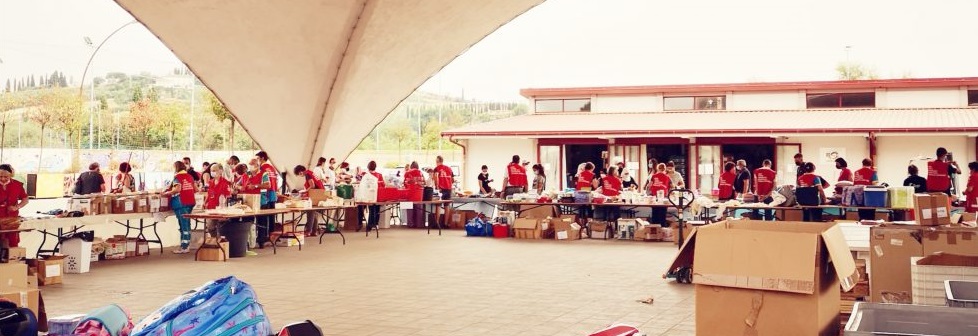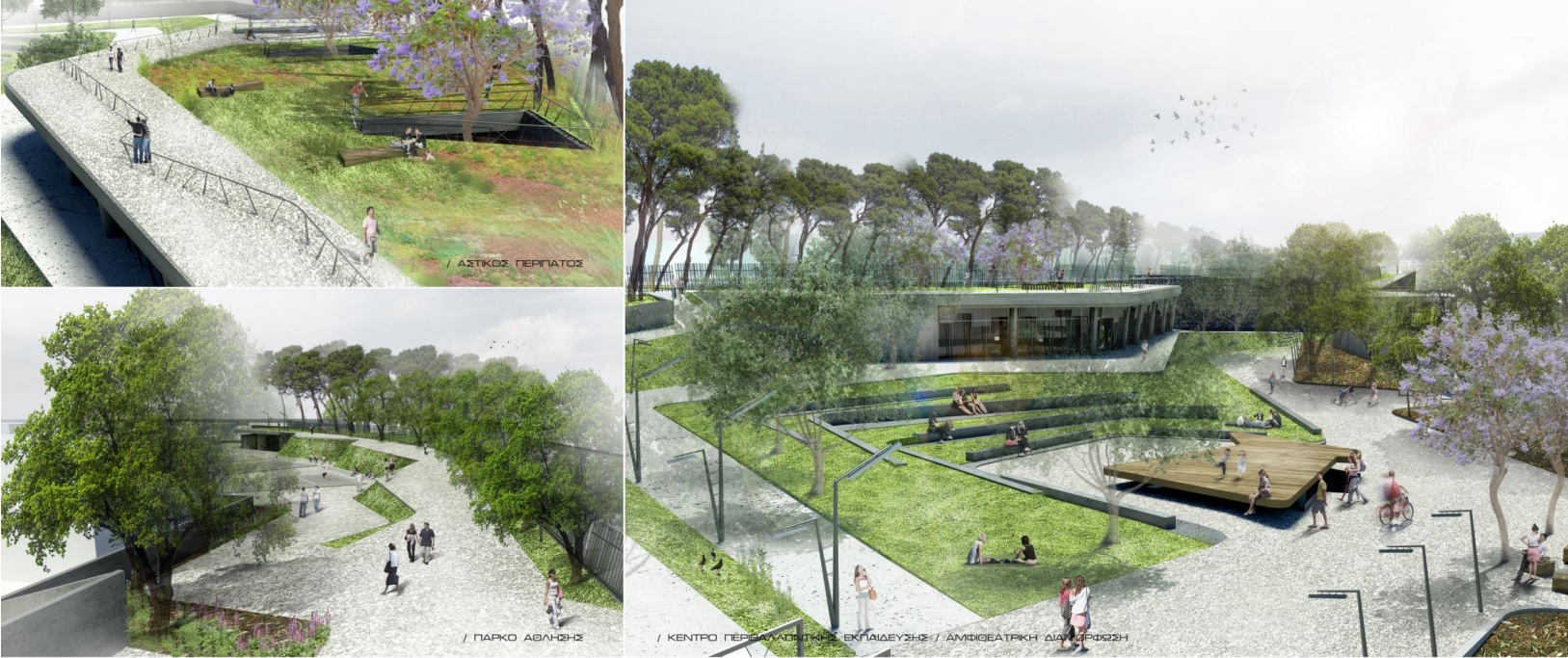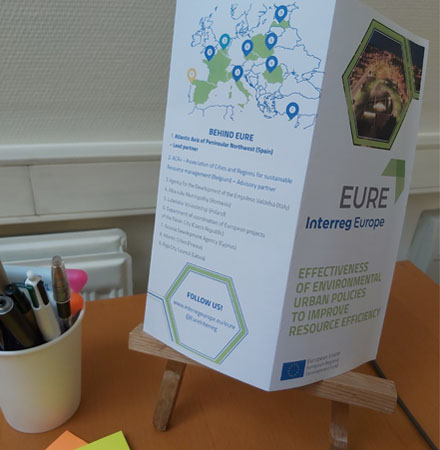UN-Habitat has published the report entitled "Cities and Pandemics: Towards a more just, green and healthy future" which focuses on exploring the spatial dimensions of the pandemic and identifying the changes needed in urban areas to mitigate the spread of future pandemics, reducing their economic, social and environmental impact, while making cities more prosperous, greener and fairer.
Since the beginning of the COVID-19 pandemic there have been assumptions that it may mark a turning point in design and implementation of urban policies, especially having in mind the fact that the public authorities on the level of cities were in the front line to respond to the needs of citizens.
One of the most advocated and widely publicised theses to date is that the concentration of population in cities was one of the accelerating factors of contagion. This led to debates and theories about the need to rethink cities and shift urban design towards smaller and less densified cities. One of the theories suggests that instead of moving towards lower urban density the focus should be directed towards better managed cities. In other words, this new line of work considers that it is not so much about how many people live in a city, but how they are distributed and what public services (and of what quality) are available to them. A city with a good transport network, affordable rents, access to health services, good waste management and access to clean water performs better in responding to a health crisis than a city with fewer people and lesser public services.
Therefore, among others, the report makes the following recommendations to be applied at regional level:
* Strengthen coordination between cities, regions and territories through the creation of shared decision-making platforms,
* Adopt environmental protection measures, such as blue-green networks1, landscape corridors and urban growth boundaries, to limit land use conversion and reduce the deterioration of ecosystems,
* Imposing strict planning guidelines that prioritise air quality and public health,
* Emphasise and improve connectivity within cities and regions,
* Strengthening locally based means of production for essential supplies.
In-depth analysis of these issues and knowledge sharing with other regions in other countries will, according to the report, enable the acquisition and change of governance strategies to respond better and faster to crises such as pandemics or climate change and even to problems of social disparity. Furthermore, measures of those kinds may contribute not only to mitigation certain consequences of the crisis caused by COVID19 but could also bring the world a step closer to the achievement of the Sustainable Development Goal 11 - "Make cities and human settlements more inclusive, safe, resilient and sustainable".
Read more about it in the full report available here.















